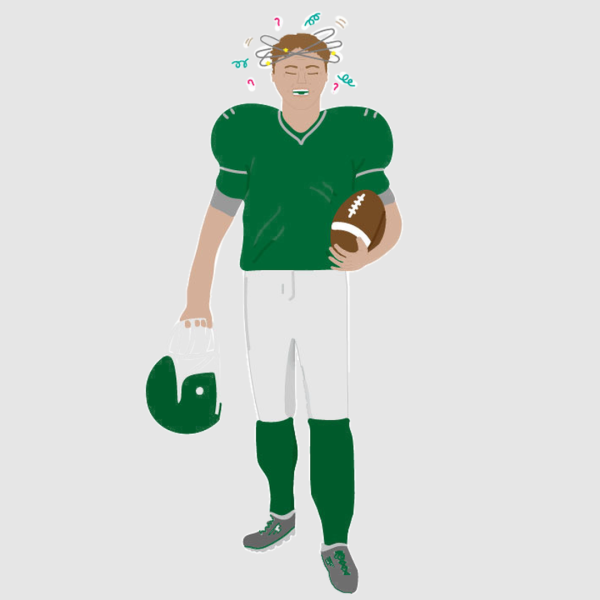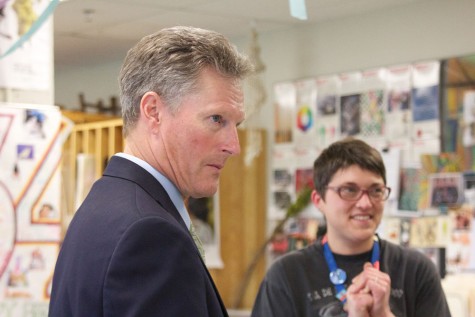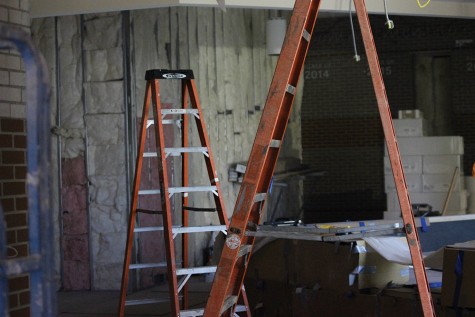Let’s take a couple selfies
You’re so vain you probably think this column’s about you.
From full-length mirror point-and-shoot flash photography to front-facing iPhone snapshots, selfies devour social media feeds—human faces beautifully distorted by Valencia or Mayfair filters.
Teenage girls are becoming infamous for Facebook albums with fifty variations of the same shot or Instagram profiles featuring every angle of their countenance. I’m not saying those don’t get annoying (I find them incredibly so), but I think selfies get an undeserved bad rap.
No one should hide his or her face under a rock. I am a firm believer in #SelfieSunday. For some, a great deal of confidence feels necessary to post a closeup and declare the image’s decency and suitability for public viewing. Self-confidence is good. By all means, like your face (just don’t “like” it on Instagram—that’s kinda lame).
But, selfies are a diverse species. While they can be a form of positive self-expression, when one decides to use selfies continually to self-express (and express and express and express), then it comes off a wee bit narcissistic.
Social media is a wonderful pool in which narcissists can reflect, keeping record of their self-imposed lovliness, sorted in albums cleverly titled “Junior Year <3 <3” or “Summer Fun!” Such self-centeredness can often be marked by song lyric captions imploring the viewers to see themselves as beautiful, too.
However, narcissism is not a symptom of every case of “Selfitis.” Insecurity is to blame for much of the selfiefied behavior that daily suffocates social media users. Some use selfies to test whether others support or reject their own view of themselves. But basing one’s self-worth on the number of “likes” received from one post to the next is a slippery slope, one of which I’ve found myself sliding down more than once.
Step back and see social media the way its creators and early users intended it: as a platform for fostering community, sharing innovation and collaborating with like-minded people—not as an outlet for self-glorification, comparison or deprecation.
Your donation will support the student journalists of Lawrence Free State High School. Your contribution will allow us to purchase equipment and cover our annual website hosting costs.










